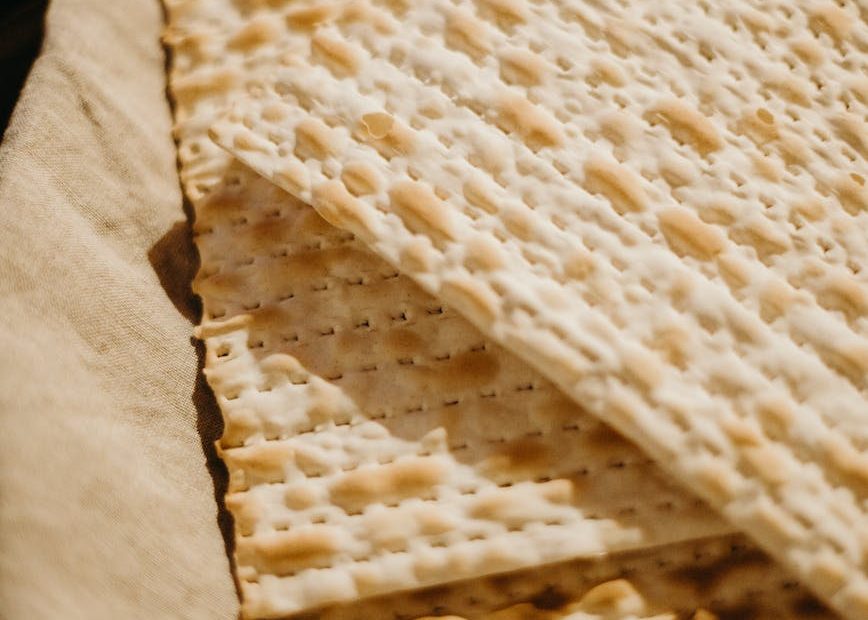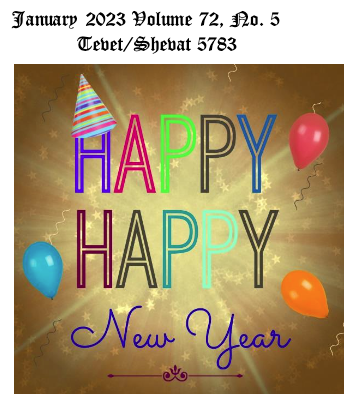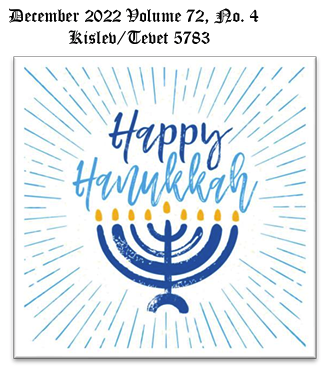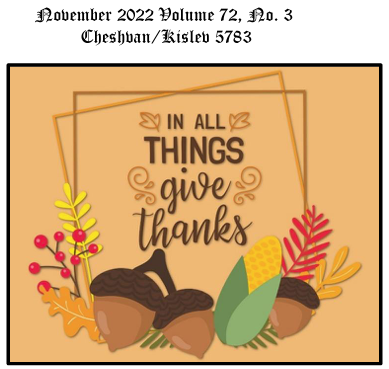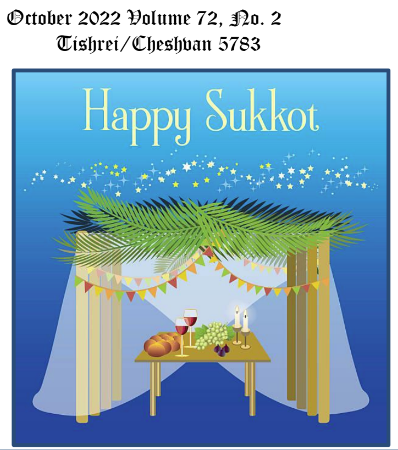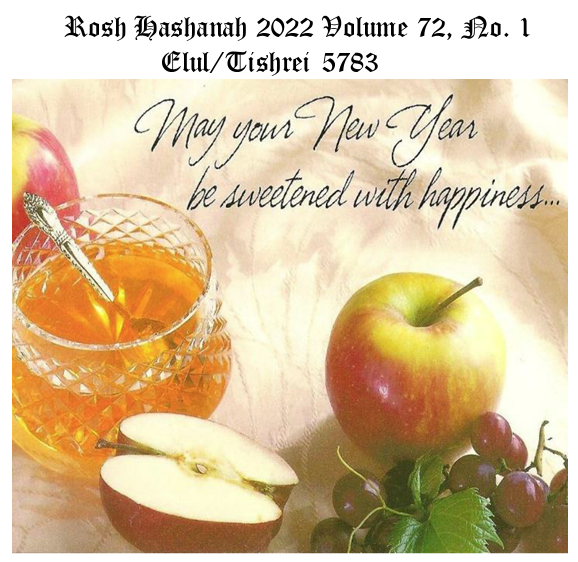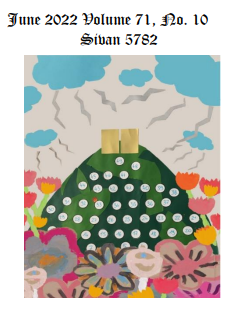2025 Sale of Chametz for Passover
If possible, all chametz – food not acceptable during Pesach (Passover), or materials containing such unacceptable food – should be destroyed or given away before the holiday begins. Should this be impossible, the chametz may be stored in such a way that we are sure not to use it during the holiday and its actual ownership is transferred to a non-Jew until the holiday ends.
If you are not able to come to the synagogue personally to appoint Richard Kline as your agent for the sale of chametz, you may accomplish that by completing the form below by 9:00am Monday April 5th to be effective…
